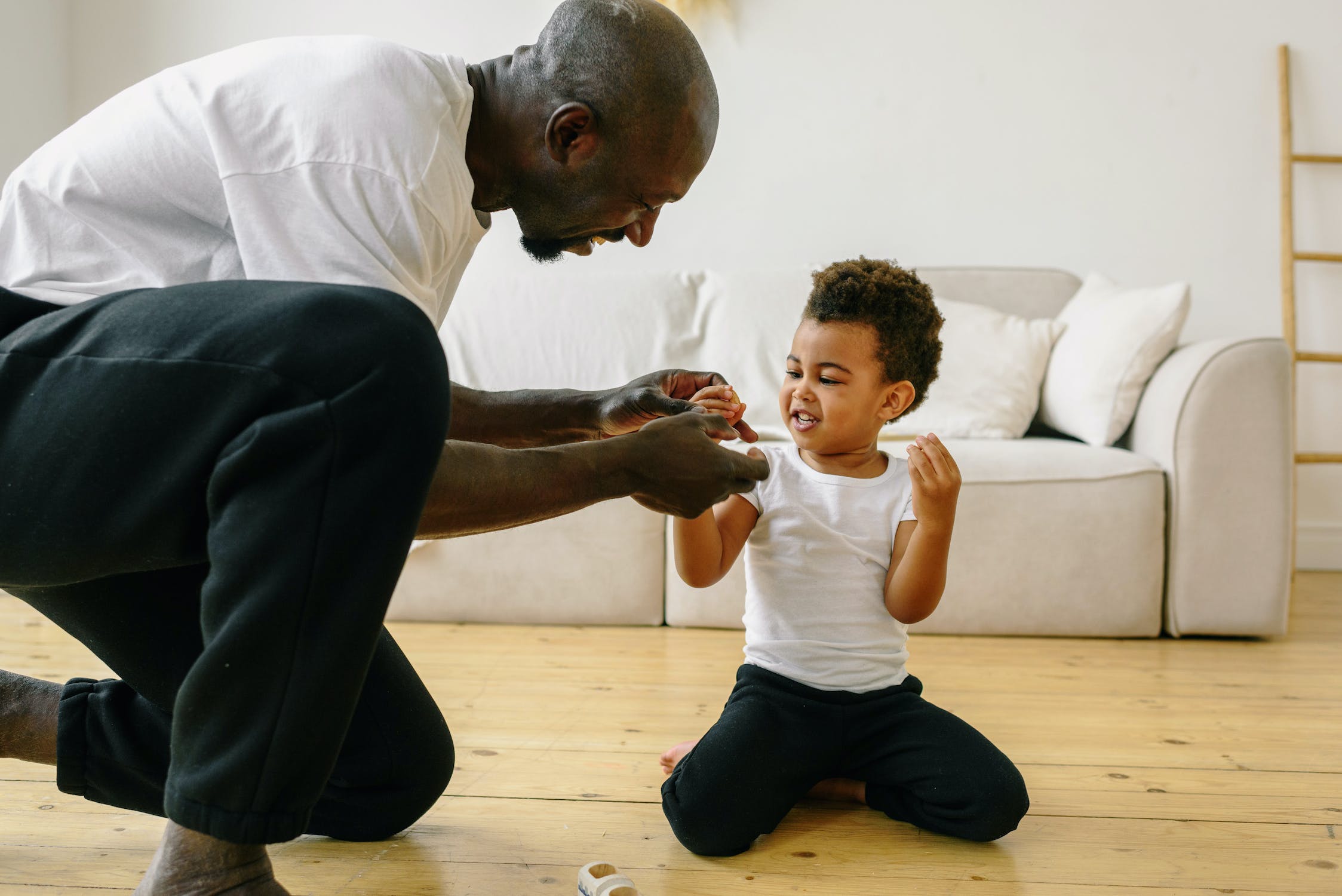
The study is based upondata from the General Social Survey, a nationally representative survey of adults in the United States, between 2010 and 2018. Researchers used questions where participants are asked to rate how happy they are and provide information about their race and if they have children who they live with. This study also took into account what respondents reported for r items such as income or church attendence that previous research has shown influences happiness.
Augustine and Brantley found that there is not a difference in happiness between white fathers and nonfathers, but that white mothers are less happy than white women who are not parents. The existence of a “happiness gap” for white women but not white men may result from cultural expectations that White mothers be totally devoted to their children despite the necessity for most white moms to work outside the home. Conversely, the fact that white dads are not expected to take equal responsibility for caring for kids might help explain why they are about as happy as men without kids.
This analysis also revealed no difference in happiness between black parents and nonparents. In fact, it found that black fathers are actually happier than their peers without children. These findings suggest that fatherhood is an important and meaningful part of life for many black men, whileblack moms might have ways of coping that help them manage the stress of raising children that white moms lack. Black mothers also may not exhibit a “happiness gap” compared to black nonmothers because black motherhood views work and parenting as complementary and emphasizes the importance of communal care for children, providing important support for moms.
This study only analyzed data up to 2018, prior to the COVID-19 pandemic and racial unrest following the murder of George Floyd. Future research will have to examine how changing demands on parents during the pandemic, especially virtual schooling, as well as greater attention to police brutality and racial injustice shaped differences in happiness between black and white parents and nonparents. But what this research clearly demonstrates is whether there is a “happiness gap” between parents and adults without children depends on who is doing the parenting and how they are expected to manage their parenting responsibilities with other aspects of their life.

Comments